A male orangutan was observed in Indonesia repeatedly rubbing chewed-up leaves of a medicinal plant on a facial wound.
The case represents the first known observation of a wild animal applying a medicinal plant directly to a wound, scientists say.
The orangutan, Rakus, lives in Indonesia’s Gunung Leuser National Park on the island of Sumatra and is thought to be around 35 years old.
- An orangutan in Indonesia treated a wound with a medicinal plant, a first observed case.
- Rakus, a 35-year-old orangutan, used anti-inflammatory "akar kuning" to treat his facial wound.
- Rakus ingested the plant, which is not typically part of an orangutan's diet, chewed on it, and used the juice to coat his wound.
In June 2022, he suffered a facial wound below his right eye, thought to have occurred during a fight with another orangutan within the Suaq Balimbing research area of the park.
A male orangutan was observed repeatedly rubbing chewed-up leaves of an anti-inflammatory medicinal plant on a facial wound
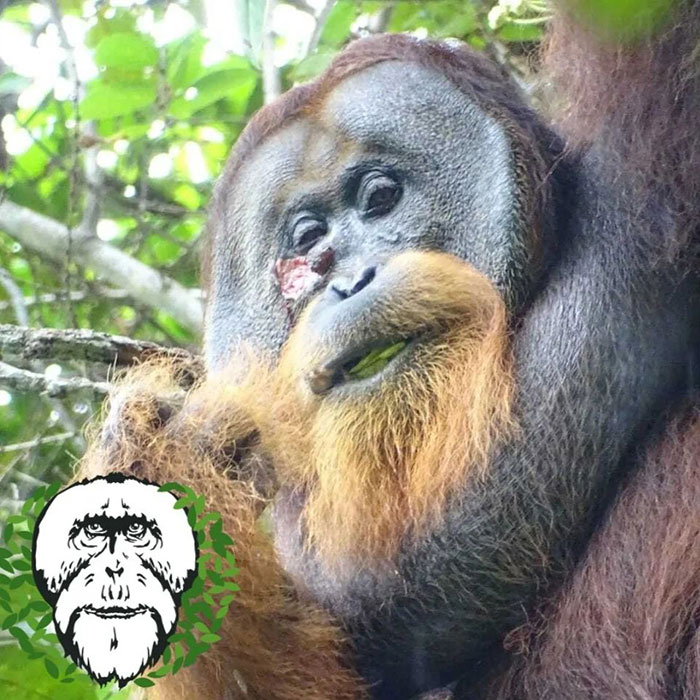
Image credits: orangutansofsuaq
Orangutans rarely eat the plant, known as akar kuning or yellow root, that Rakus applied to his wound.
The plant is popular across Southeast Asia for its anti-inflammatory and anti-bacterial properties and is often employed to treat malaria, diabetes, and other conditions.
Therefore, researchers were in awe as they observed the adult primate ingesting a small amount of the plant, chewing on it, and coating his facial wound several times with the resulting juice.
The case represents the first known observation of a wild animal applying a medicinal plant directly to a wound
Image credits: orangutansofsuaq
The wound had closed five days after scientists recorded the orangutan’s behavior.
Less than a month later, it had “healed without any signs of infection,” shared Dr. Isabelle Laumer, a primatologist with the Max Planck Institute of Animal Behavior in Germany and co-author of the study detailing the fascinating discovery, which was published on May 2, 2024, in Scientific Reports.
“Once I heard about it, I got extremely excited,” Laumer said.
The primate’s wound had closed five days after scientists recorded the orangutan’s self-medication technique
Image credits: orangutansofsuaq
“To our knowledge, this is the first documented case of active wound treatment with a plant species with medical properties by a wild animal,” said Caroline Schuppli, co-author of the study.
According to Schuppli, it’s likely that Rakus learned this self-medication technique from other orangutans living outside the park.
The scientist explained that orangutans have “high cognitive abilities, in particular in the area of physical cognition,” and they acquire their problem-solving skills via observational social learning.
In addition to sparking the interest and curiosity of readers, the team of the Max Planck Institute hopes that the study will raise awareness about the urgent need to protect the Sumatran orangutan, a critically endangered species.
The male orangutan, named Rakus, used a plant known as akar kuning or yellow root, which is employed across Southeast Asia to treat malaria
Image credits: orangutansofsuaq
While this is the first case of a wild animal directly applying a medicinal plant on a wound, orangutans have previously been observed using anti-inflammatory plants in a different way.
In 2017, scientists reported that six orangutans in Borneo, southeast Asia, rubbed the chewed-up leaves of a shrub with analgesic properties onto their legs and arms, probably to reduce inflammation in sore muscles and joints.
Researchers were in awe as they observed Rakus ingesting the plant, chewing on it, and coating his wound several times with the resulting juice
Image credits: Cheongweei Gan
Similar examples of self-medication have also been documented in other primate species, adding to evidence that medicine isn’t exclusively a human invention.
In Gabon, Central Africa, more than two dozen chimpanzees have been spotted chewing up and applying flying insects to their wounds.
What’s more, these techniques have been reported in other animal classes.
Over 200 species of birds have been known to engage in a strange behavior called anting, in which they rub themselves in ants to kill mites and other parasites.
“The animal kingdom is amazing,” an X user wrote
Can guarantee its been going on for a long time. If you put a herd of cows in a field with a diverse range of plants, they will self-select plants with different properties in different combinations. Horses will self-select herbs with different properties if given a choice - aromatherapy can be really useful if you have a stressed and potentially dangerous horse (and I would never recommend it instead of proper vet/medical help, for horses or people, but horses are harder to treat as they can't verbally explain how they feel - and after all, a lot of d***s are developed from plants in the first place, like opiates and aspirin. And always work with someone qualified...)
Can guarantee its been going on for a long time. If you put a herd of cows in a field with a diverse range of plants, they will self-select plants with different properties in different combinations. Horses will self-select herbs with different properties if given a choice - aromatherapy can be really useful if you have a stressed and potentially dangerous horse (and I would never recommend it instead of proper vet/medical help, for horses or people, but horses are harder to treat as they can't verbally explain how they feel - and after all, a lot of d***s are developed from plants in the first place, like opiates and aspirin. And always work with someone qualified...)
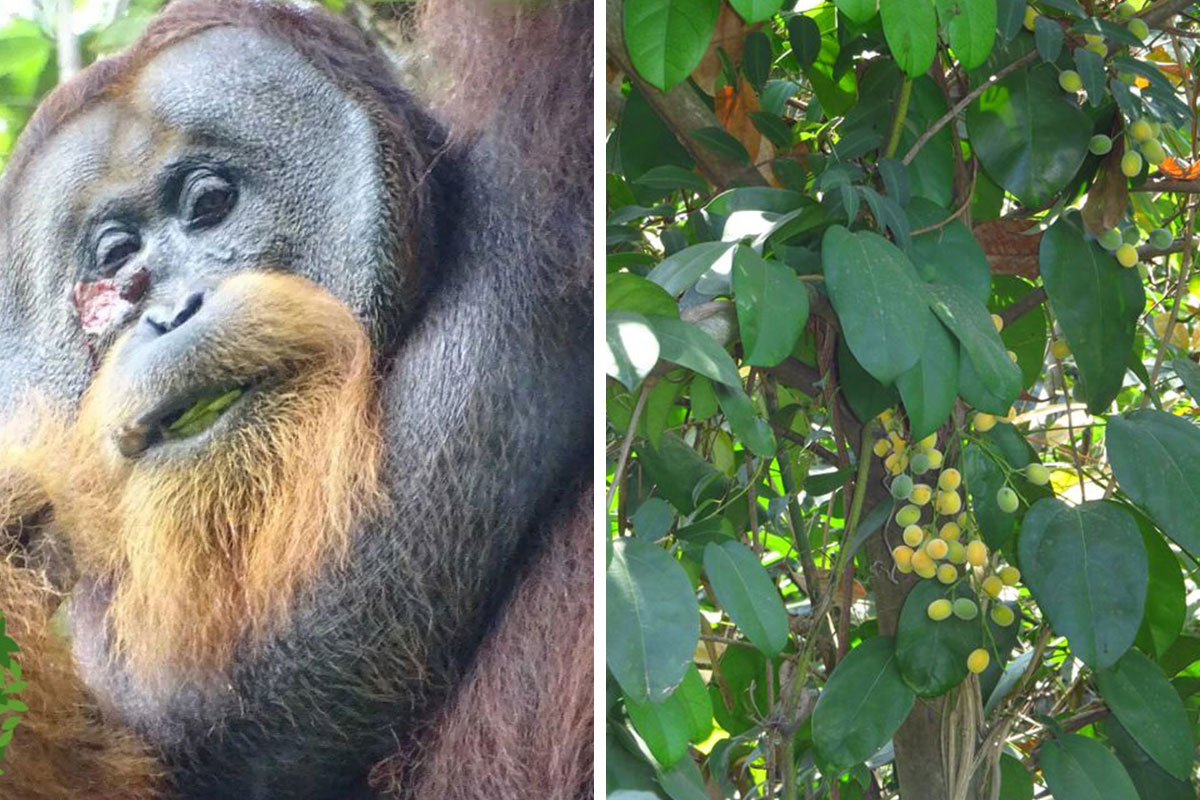
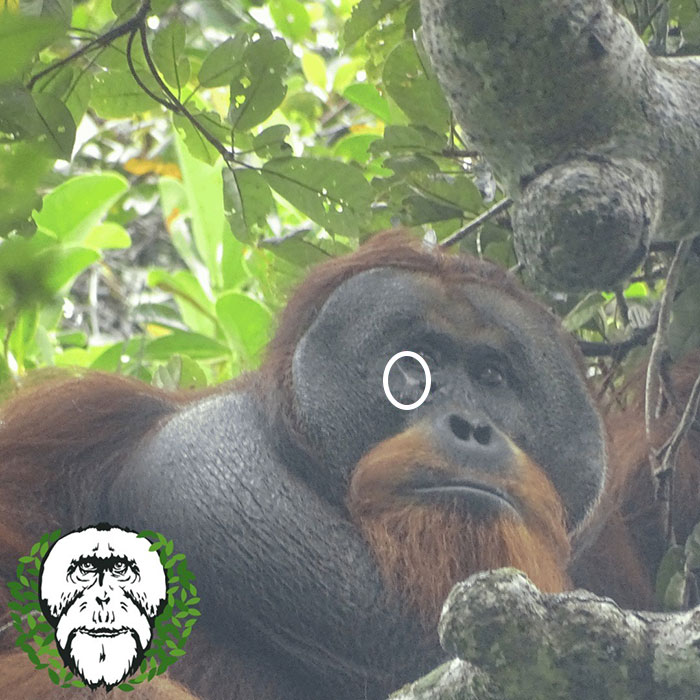
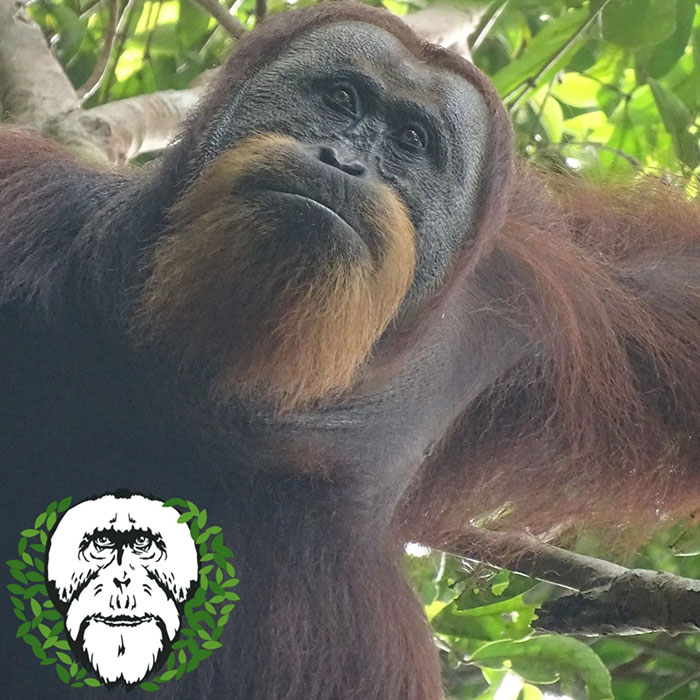
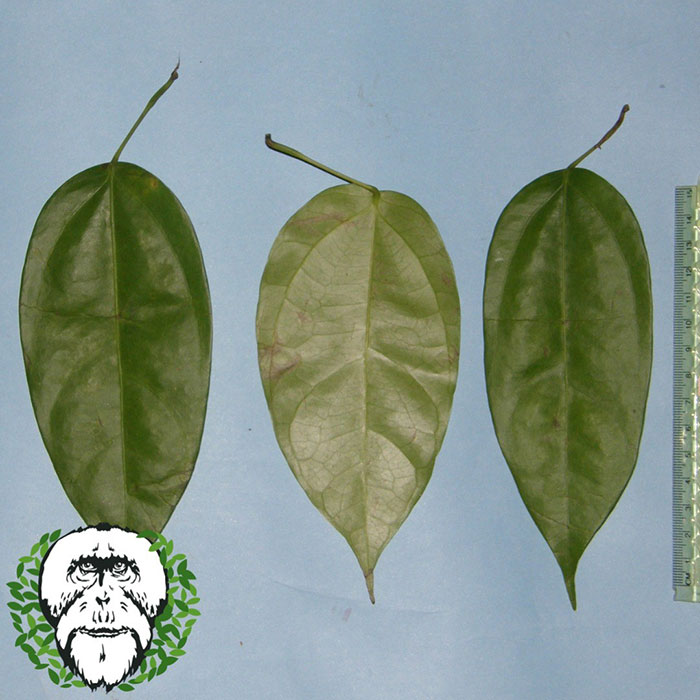
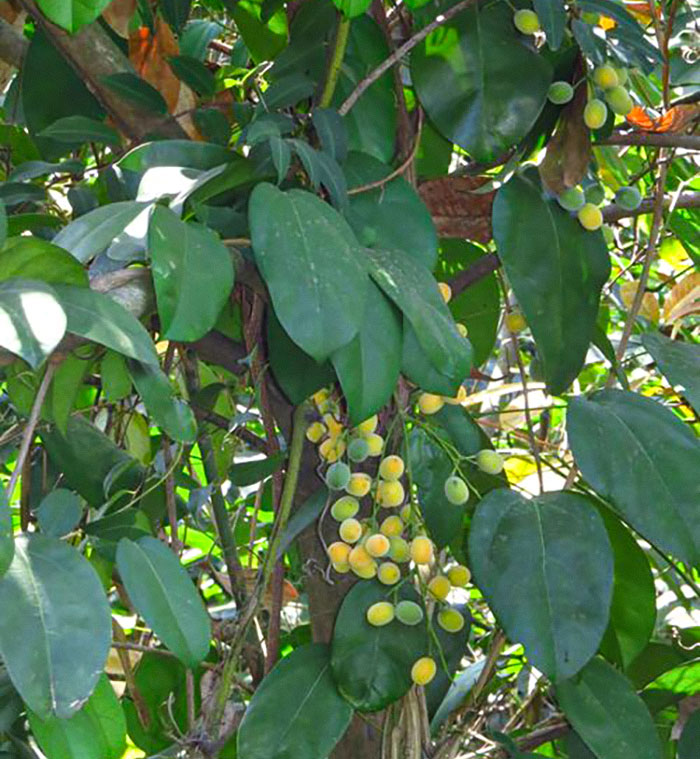







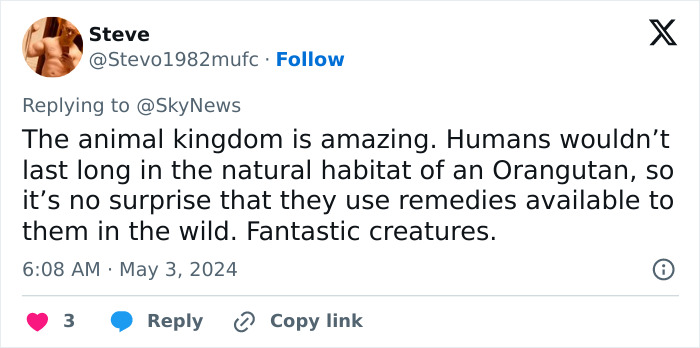
















71
3